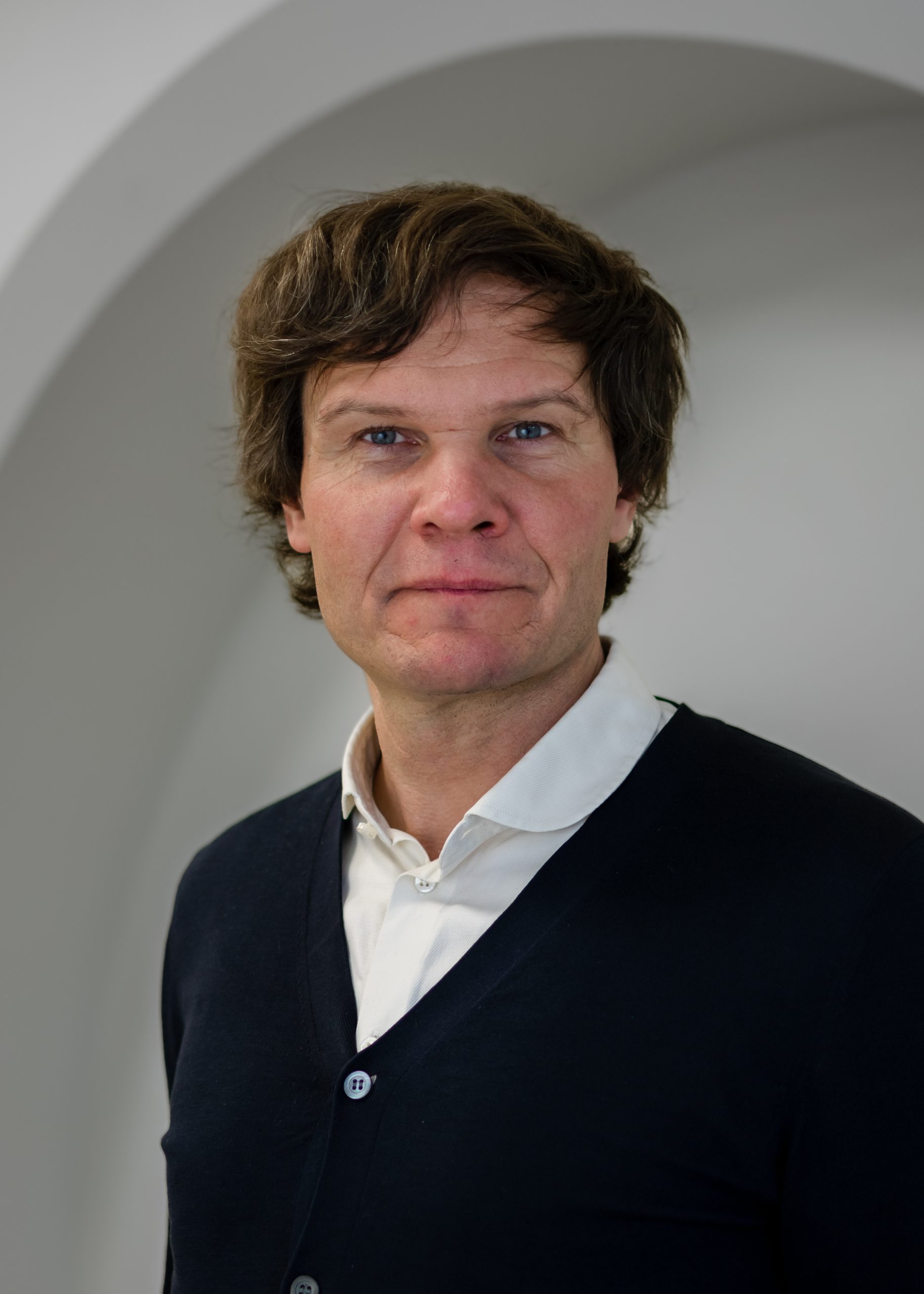
Dr. Marius Kalanta
Associate professor, research assistant
Research areas
Political economy
Additional info
marius.kalanta@tspmi.vu.lt
+370 616 46 369
![]() ORCID iD
ORCID iD ![]() ResearchGate
ResearchGate ![]() LinkedIn
LinkedIn ![]() Facebook
Facebook
Marius Kalanta holds degrees in Business Administration and Sociology from Vytautas Magnus University. In 2015, he defended his PhD dissertation in Sociology at the same university, in the field of comparative capitalisms.
He began his professional career in the field of communications, later gaining extensive experience in applied research and evidence-for-policy analysis while working in various public sector institutions and private policy analysis centers. His expertise contributed to the development of entrepreneurship, export, and innovation policies in Lithuania and at the EU level.
His research interests at the IIRPS include transformative industrial and innovation policy, growth models, state capacities, welfare state institutions, and interest group politics.
He has strong theoretical foundations in political economy and advanced methodological skills in case study research. Marius is a long-standing member of the academic network Society for the Advancement of Socio-Economics (SASE). He has undertaken research fellowships at Tallinn University of Technology and the University of Bristol and is an active participant in public debates in Lithuania.
Membership of international organisations, editorial boards, international working groups, etc.
Member of “Society for the Advancement of Sosio-Economics” (SASE)
Research projects and grants
- “Lithuanian authorities’ response to the polycrisis 2021-2025 (LIVIA)“, 2023-2026, financing agreement No. S-VIS-23-16, ongoing.
- “Political factors of the middle-income trap in the Baltic States (TRAPPOLI)“, postdoctoral fellowship, 2020-2023, financing agreement No. 09.3.3-LMT-K-712-19-0179.
Selected conference presentations
- 10 May 2024, Bela Greskovits jubilee conference, CEU, Vienna, Austria. Oral presentation „Political Economy of Economic Upgrading in CEE“.
- 27-29 June 2024, The Society for the Advancement of Socio-Economics (SASE), 36th annual conference, Limerick, Ireland. Oral presentation „Taxing bank profits: A growth models perspective“.
- 1 December 2023, Annual Lithuanian Political Science Conference “The Echoes of Polycrisis in Lithuania and the World”, Vilnius. Oral presentation „Ekonominio atsinaujinimo politinė ekonomija Vidurio ir Rytų Europoje“.
- 9-11 July 2022, SASE, 34 annual conference, Amsterdam, the Netherlands. Oral presentation „One Adjustment Strategy, Two Growth Strategies: Growth Model Change in Estonia and Lithuania“.
- 2-5 July 2021, SASE, 33 annual conference, online. Oral presentation „The middle-income trap and politics of economic growth in the Baltic States“.
Research interests
Political economy
Socio-economic institutions
Varieties of capitalism
Publications
Kalanta, Marius. 2024. Growth model change in emerging economies: sectorial loci of growth and politics // Socio-economic review. Oxford : Oxford University Press. https://doi.org/10.1093/ser/mwae018
Kalanta, Marius. 2024. The political economy of economic upgrading in Central Eastern Europe // New political economy. Abingdon : Routledge; Taylor & Francis Group. https://doi.org/10.1080/13563467.2024.2318430
Kalanta, Marius. 2023. "Middle-income trap and the Baltic States: common challenges, different strategies = Vidutinių pajamų spąstai Baltijos šalyse: bendri iššūkiai, skirtingos strategijos", Politologija, Nr. 2, p. 8-47, https://doi.org/10.15388/Polit.2023.110.1
Kalanta, Marius. 2021. “Explaining Failures of Social Dialogue Building in Eastern Europe”. In: Addabbo T, Ales E, Curzi Y, et al. (eds) The Collective Dimensions of Employment Relations: Interdisciplinary Perspectives on Workers’ Voices and Changing Workplace Patterns. Palgrave Macmillan. https://doi.org/10.1007/978-3-030-75532-4_11
Kalanta, Marius, 2021. Special Corporate Income Tax Rate for Micro-Enterprises in Lithuania: Productive or Unproductive Incentive? Enterprise Lithuania, Vilnius
Kalanta, Marius. 2019. "The weakness of social dialogue in the Baltic countries: An employer-centric political economy perspective“, European Journal of Industrial Relations.







